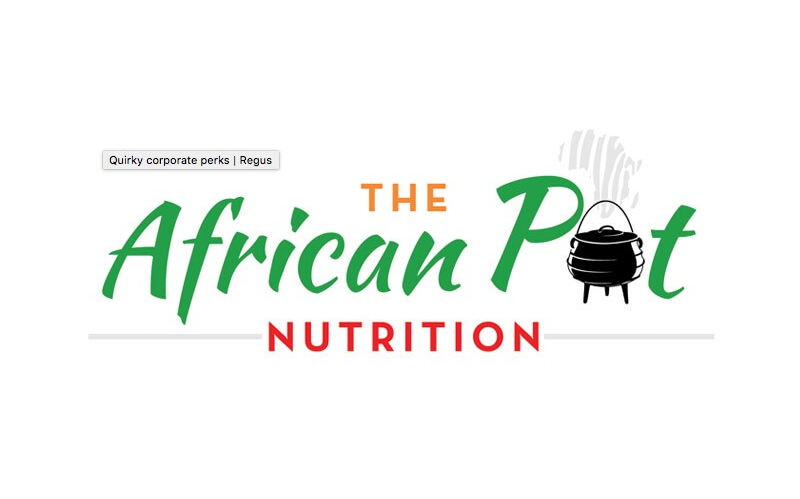The many benefits of the traditional African diet…
While industrialization has had some positive effects on the people of the African continent, it has had a deleterious effect on the health of the African people as it has promoted a nutrition transition in which the healthy, wholesome, nutritious traditional foods have been replaced by processed, high fat, high sugar foods of significantly lower nutritional value. In addition to the decreased physical activity levels associated with improved technology and infrastructure this transition has contributed to an increase in obesity and diseases of lifestyle such as heart disease, diabetes, hypertension and some forms of cancer. However, the traditional African diet provided many benefits some of which are listed below:
High Fiber
Traditional African diets are essentially comprised of starchy foods. In their least processed forms, foods such as maize (corn), cassava, millet, barley, sorghum, and plantain provide fiber which has been demonstrated to improve cholesterol levels, prevent and treat constipation as well as aid in weight control. Studies have suggested that dietary fiber plays a role in the prevention of some forms of colon cancer, and reduces the risk of developing Type 2 Diabetes. Other fiber containing foods within the African Diet include legumes, fruits and vegetables.
Low Sodium
Table Salt is a seasoning that was borrowed from the “new world” and much of the traditional African cookery relies on the natural flavors of the foods used. Even though salt is used as a staple seasoning, only moderate amounts are added during cooking. African foods tend to be minimally processed and therefore intakes of sodium from processed foods is virtually low. Reduction of sodium intake within this population is essential as people of African descent are genetically prone to developing hypertension and sodium reduction is one of the major components employed in the overall management of the disease.
Low Fat
The African diet is strongly based on starches, fruits and vegetables which provide no fat. Consumption of meat products is often limited to a small serving and since the animals consumed are usually allowed to roam free and fed an “organic” diet, their meat tends to be leaner than the meat consumed in Western countries. Cooking methods (discussed later) also tend to minimize frying further contributing to the low fat diet.
Natural/Organic
Traditionally, food in Africa is grown using organic seeds that are saved from the previous year’s crops. Animal manure is used to ensure that crops thrive and the use of genetically engineered seeds still remains somewhat a foreign concept. Fruits grow wild and goats, chickens, cows and sheep live in harmony sharing feeding pasture. The benefits of eating food in this natural/organic state means less pesticides and chemicals entering the human body thereby improving the general health of the population.
Wholesome cooking methods
The cooking methods employed in the African diet add minimal fats and try to retain the natural flavor of the food. African cooks often steam foods in leaf wrappers, boil, grill, roast or bake with ashes. When foods are fried, only enough oil to cook the food is used thereby further reducing the fat intakes.
Variety
From Egusi to Pumpkin leaves, from sorghum to maize meal, from beef to wild game meat, the choices of food to eat within the African diet are well varied and provide adequate nutrition for health. This variety ensures that the body receives all the vital minerals and vitamins needed from general health and well being.
(About the Author: Cordialis Chipo)




No comments yet, be the first to leave one!
You must be logged in to post a comment.